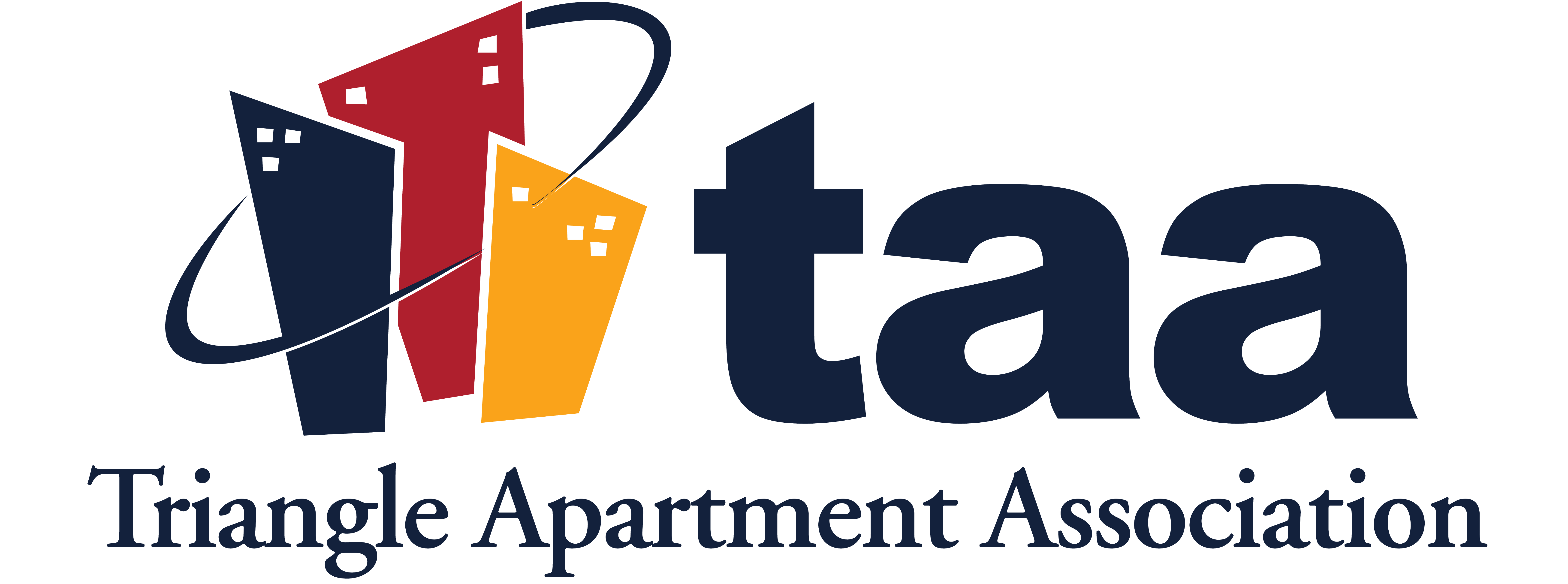Fair Housing: A New Chapter in North Carolina... Source of Income
Fair Housing law is complicated and continually evolving throughout the United States and in North Carolina as well. Most of the members of apartment associations, such as the Triangle Apartment Association, are aware of the basics of Fair Housing—it is illegal under both North Carolina and federal laws to discriminate against anyone on the basis of race, color, religion, sex, national origin, handicapping condition, or familial status.
Ensuring compliance with fair housing laws has become increasingly confusing. Recently the Supreme Court established that the actual effect of policies and procedures should be reviewed, and not just the policies and procedures themselves. We have also found out that property management companies may be discriminating against people with disabilities through their websites, if they do not have the right settings behind them, and that media in which they use for advertising, such as Facebook, may be discriminating without their knowledge. This is not to take a position on whether any of these actions should be categorized as discriminatory or not; rather, this is just to illustrate the complexity in complying with the current fair housing landscape.
In addition to the changing nature of fair housing compliance, we, as a country and a state, are trying to find meaningful solutions to housing affordability challenges. At the nexus between housing affordability and fair housing are Source of Income protections.
Source of Income protections seek to identify lawful source of income as a protected class under the fair housing laws. This makes it a fair housing violation if you refuse to accept a form of legal income. You may ask yourself why anyone would refuse to accept income to begin with. The short answer is usually because of the strings or requirements included with certain forms of income, such as those arising from government programs such as Section 8.
Section 8 programs generally require significantly more steps before approval, including inspections of the home, and depending on the program, they may include a new set of requirements and process in managing a Section 8 rental home, including additional no-tice steps to remove a resident if lease violations occur. These additional steps and requirements often cause delay in the rental process resulting in delays before the home becomes income producing between residents, as well as the additional expense of complying with the requirements of the government programs. Further, compliance with these rules often requires additional training, and possible lost rents in the case of a default, as well as low or no security deposit to apply against any damages.
States that have adopted Source of In-come as a protected category include: California, Connecticut, Delaware, Oregon, Wisconsin, Utah, and Washington DC. The nearest of these States to North Carolina is Washington, DC but the issue has now come to North Carolina. Currently, the Charlotte City Council is reviewing requests to include Source of Income as a protected class in its ordinance. The Greater Charlotte Apartment Association is involved in the process as well as the Apartment Association of North Carolina and the Triangle Apartment Association. The other state apartment associations are watching these developments closely.
Criticisms of Source of Income protections relate often to the additional training and potential lost costs due to the government programs, and relate to the difficulties in operating a small number of affordable housing homes when the property management company does not otherwise do so. Other criticisms include that Section 8 was designed by the federal government to be a voluntary program and not mandatory.
There is good news for some of those who do not wish to participate in Section 8. Section 8 will provide the top allowable rent it will pay for any geographic location but it will not require you to charge a lower monthly rent than you intend to charge your other renters. Further, Section 8 will not allow the residents to pay the difference between the Section 8 payment and what the community would other-wise charge. This effectively excludes communities with higher rents from accepting Section 8.
Taking a different approach, the City of Durham, through its “Unlocking Doors Initiative” has instituted a program to make Section 8 more attractive to owners and property managers, thus increasing the owners who accept Section 8 without mandating it. The Unlocking Doors Initiative is a partnership between the City of Durham, the Durham Housing Authority, landlords, and nonprofits. This program is what is known as a “risk mitigation program” designed to allow certain landlords who accept qualifying residents, and suffer certain damages, to make a claim for reimbursement for all or a portion of the damages from the risk mitigation program.
If proponents of Source of Income protection are successful in Charlotte, this may very well move to other municipalities including those in the Raleigh area. Ways in which you can be involved on issues such as these include taking part in the Triangle Apartment Association's Government Affairs Committee, contributing to the TAA-PAC or Triangle Government Alliance (TGA), and/or taking part in the Apartment Association of North Carolina Education and Legislative Conference.
This article is not legal advice and should not be relied upon as such.
This article was written and published with permission by Brownlee Whitlow & Praet, PLLC and was originally published in 2020 Issue 1 of the ApartMentor magazine.
